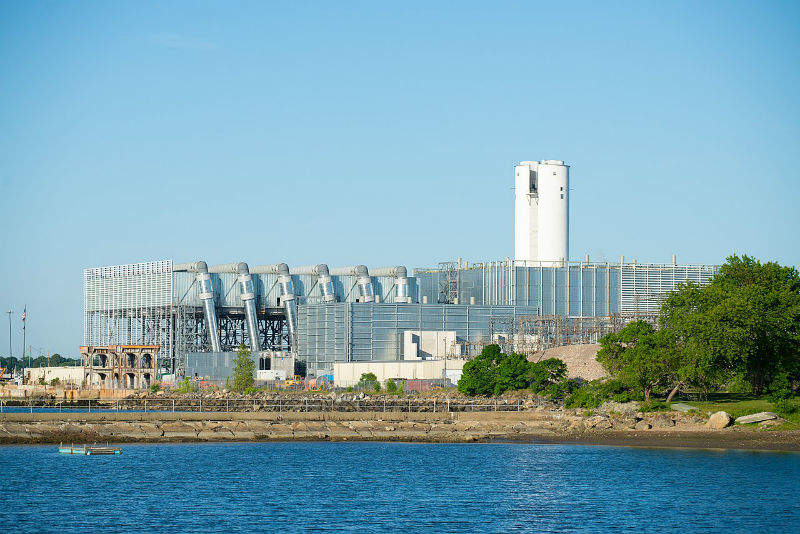
The Oil and Gas Climate Initiative (OGCI), a coalition of global energy companies, has declared its first methane reduction objective, cutting average methane intensity by at least 20% and emissions levels by one third by 2025.
The targets, announced this week, have been hailed as a ‘significant milestone’ for the OGCI in its efforts to fight climate change in the industry.

Discover B2B Marketing That Performs
Combine business intelligence and editorial excellence to reach engaged professionals across 36 leading media platforms.
The collective is made up of 13 oil and gas companies including BP, Shell, Total and Saudi Aramco. Earlier this month, three US oil giants ExxonMobil, Chevron, and Occidental Petroleum joined the coalition. These three companies alone produce around 5% of the world’s oil and gas.
OGCI said in a statement: “Our aim is to work towards near zero methane emissions from the full gas value chain in support of achieving the goals of the Paris Agreement.
“We have worked to make our ambition concrete, ac¬tionable and measurable, helping to ensure that natural gas can realise its full potential in a low-emis¬sions future.”
The target on average methane intensity – the level of emissions released into the atmosphere during fossil fuel production as a percentage of oil and gas sold – would see a reduction to below 0.20%-0.25% for all members, according to the OGCI.

US Tariffs are shifting - will you react or anticipate?
Don’t let policy changes catch you off guard. Stay proactive with real-time data and expert analysis.
By GlobalDataIn absolute figures, this would equal a methane reduction of 350,000 tonnes of methane per year until the end of 2025. The 2017 average methane intensity level was recorded at 0.32% across the original ten members.
The coalition also announced it would attempt to reduce methane intensity by one third.
Natural gas, of which methane is the primary component, is still considered an important fossil fuel by the OGCI, as it emits less carbon than coal. Methane emissions have a global warming impact up to 30 times more potent than CO2. Methane that leaks from gas wells and production facilities is therefore seen as a key climate change issue in the sector.
Members of the OGCI, which was established in 2014, have funded investment of several R&D projects to combat global warming. However, environmentalists have accused the oil and gas industry of an alleged lack of ambition and commitment to ending fossil fuel expansion.
In its ‘Fuelling Climate Crisis’ report, Greenpeace said: “The industry’s rhetoric is wholly contradicted by the core assumption underlying its business plans – global temperature increases of between 3.6°C and 5.3°C; its lobbying against measures to mitigate climate change; and the inadequacy of its own proposals.”





